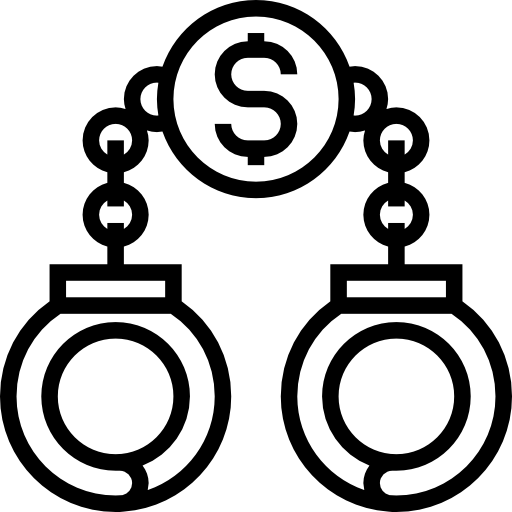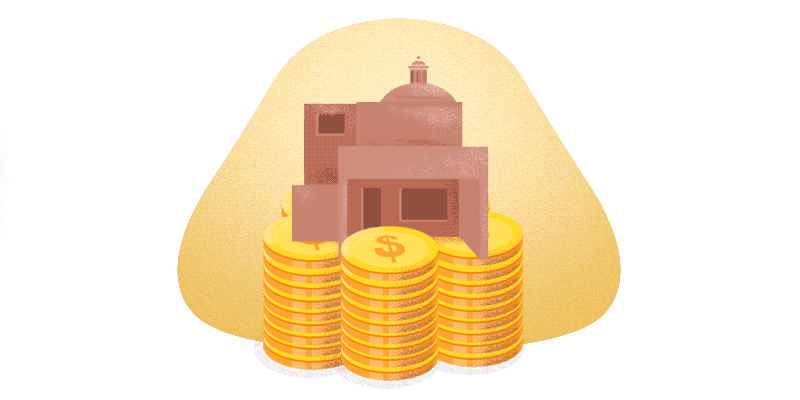When a creditor sues a debtor for non-payment of the obligations, the property in the name of the debtor can be involved in an auction process. When this happens, a judge orders a specific place and date on which the auction of the property will be held. Anyone can bid for it, however, some “risks” must be taken into account.
The creditor has the option to sue in court in order to recover the loan debt by auctioning the property. This auction is ordered by a civil judge. It can also happen in case the property was acquired through a mortgage loan whose owner for some reason stopped paying or refuses to do so.
What are the risks of buying a property at auction?
Lack of advice: sometimes the person acquiring the litigious rights considers bringing the lawsuit on his own in order to save as much capital as possible. But, unless it is a lawyer with experience in this type of process, it is not advisable to do so. It is very difficult to defend yourself without the help of a professional. You need a good defense that exhausts all instances and pays full attention to the case so that everything can be resolved in your favor.
An inexperienced lawyer: there is a risk that the property will not be obtained if the lawyer litigates poorly. Much will depend on his or her skill. In addition, the trial can be relatively quick or take years, depending on what the creditor wants.

Insufficient money: It is necessary to foresee the lawyer’s expenses (which are reduced if everything is limited to the adjudication of the property). There are the expenses caused by complications in the process or those related to the property itself. It often happens that the property is in bad conditions and repairs have to be made. There are also the taxes that arise from the purchase. Without capital to face these situations, the risk of losing the property – or spending much more than expected – is greater.
Fraud: Auctions create the expectation of buying a house at an excellent price and living in it in a few months. But when this does not become a reality, it is the perfect opportunity for companies that offer to carry out the process without any real interest in following up. It is very likely to lose money, time or the property itself when the trials are not well conducted.

Real estate acquired through an auction cannot be financed by banks at the time of acquisition and in the event of a subsequent sale either. This, due to the ownership history – especially litigation – represents an additional risk for the banks.
Tips to reduce these risks

Buying homes at auction at the beginning may seem to have multiple benefits. That is if you only focus on the price of the auction, because you have to consider all the expenses that many times people are not aware of. It is necessary to be advised by very good professionals if you want a positive result and obtain the property. Preventing these risks and following the previous advices can be a great help for you. Sometimes it can be very useful to look for a good real estate consultant to do the process for you, this can reduce costs and risks.






